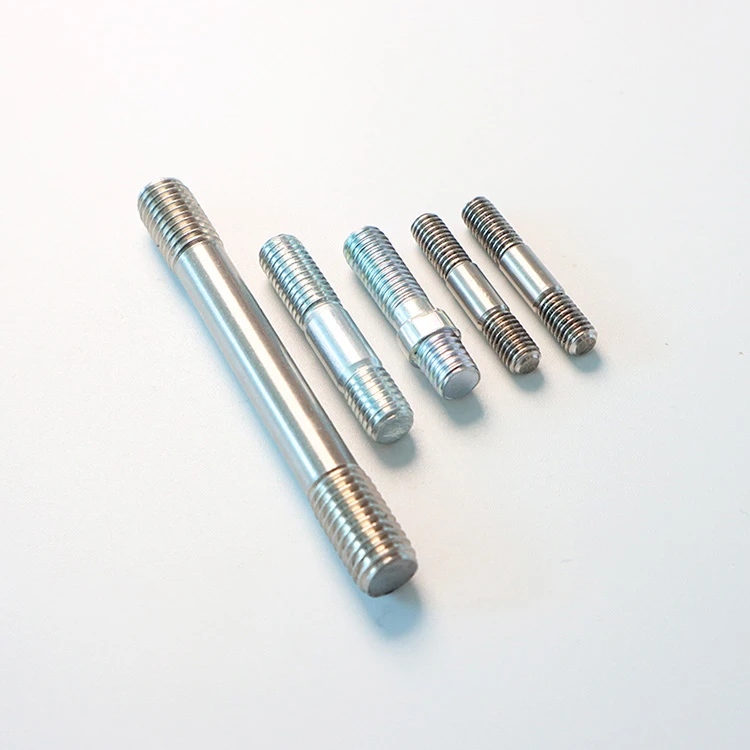When it comes to securing heavy machinery and structural components, stud bolts are the unsung heroes in the world of fasteners. These robust and versatile components are critical in a variety of industries, including construction, oil and gas, and manufacturing. Understanding their specifications and benefits can help ensure you choose the right stud bolts for your project.
What are Stud Bolts?
Stud bolts are a type of fastener consisting of a threaded rod with two nuts, used primarily in bolting together flanges, pipes, and other critical components. Unlike traditional bolts, which have heads, stud bolts provide an extended thread length for increased clamping force and reliability.
Key Specifications of Stud Bolts
- Material: Stud bolts are manufactured from various materials to suit different environmental and operational conditions. Common materials include carbon steel, stainless steel, and alloy steel, each offering unique properties such as corrosion resistance and high tensile strength.
- Threading: The threads on stud bolts can be either coarse or fine. Coarse threads are generally preferred for quicker assembly and disassembly, while fine threads provide greater tensile strength and are used in applications requiring precision.
- Length: Stud bolts come in a range of lengths, typically measured from end to end. The length required depends on the thickness of the components being joined and the type of application.
- Diameter: The diameter of stud bolts can vary, with common sizes ranging from 1/2 inch to 1-1/2 inches. The choice of diameter depends on the load-bearing requirements and the specifications of the assembly.
- Finish: The finish of a stud bolt enhances its durability and resistance to environmental factors. Common finishes include zinc plating, hot-dip galvanizing, and black oxide coating, each providing different levels of protection against corrosion and wear.

Benefits of Using Stud Bolts
- Enhanced Strength: Stud bolts offer superior strength compared to regular bolts, making them ideal for high-stress applications.
- Versatility: Their design allows for use in a wide range of industries, from construction and infrastructure to petrochemical and heavy machinery.
- Ease of Installation: Stud bolts are designed for quick and efficient installation, reducing downtime and labor costs.
- Corrosion Resistance: With the right material and finish, stud bolts can withstand harsh environmental conditions, ensuring long-lasting performance.
Applications of Stud Bolts
Stud bolts are indispensable in many critical applications:
- Flange Connections: Used extensively in piping systems to connect flanges securely, ensuring leak-proof joints.
- Pressure Vessels: Essential for the assembly and maintenance of pressure vessels, where reliability and safety are paramount.
- Structural Components: Ideal for joining large structural components in construction and infrastructure projects.
- Machinery Assembly: Commonly used in the assembly of heavy machinery and equipment, providing the necessary strength and stability.
Choosing the Right Stud Bolts
Selecting the appropriate stud bolts for your project involves considering several factors, including the environment, load requirements, and specific application needs. Consulting with a reputable supplier can ensure you get the right specifications and high-quality products tailored to your requirements.
In conclusion, stud bolts are a critical component in ensuring the integrity and durability of various assemblies across industries. By understanding their specifications and benefits, you can make informed decisions that contribute to the success and safety of your projects.
For more information on stud bolts and to explore our wide range of high-quality fasteners, visit our website or contact our expert team today.